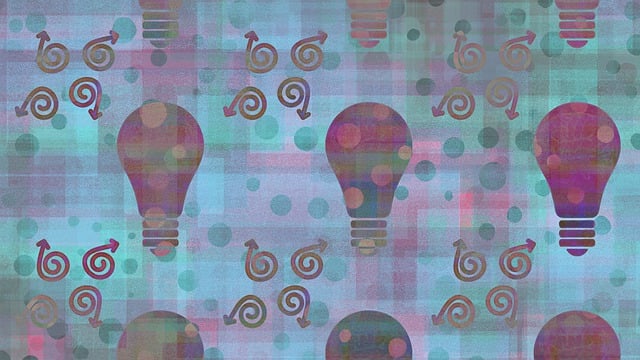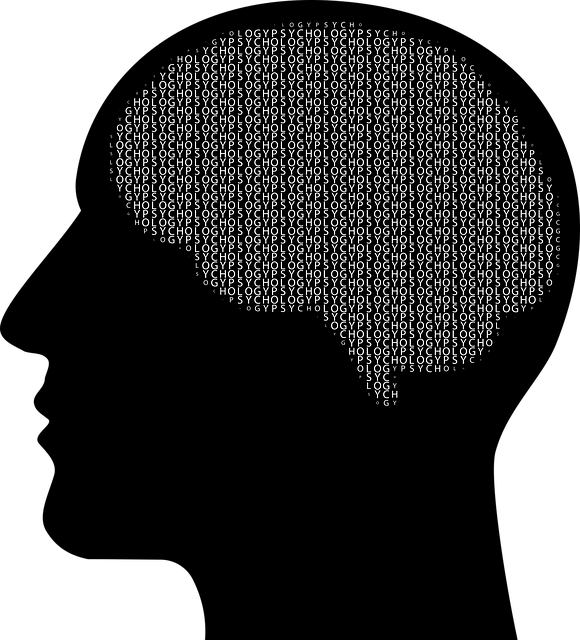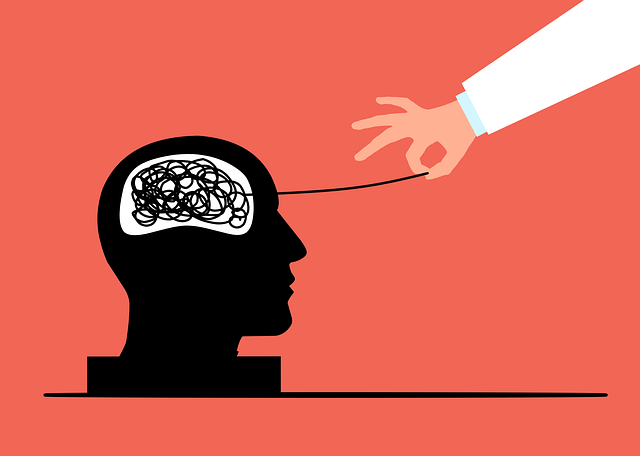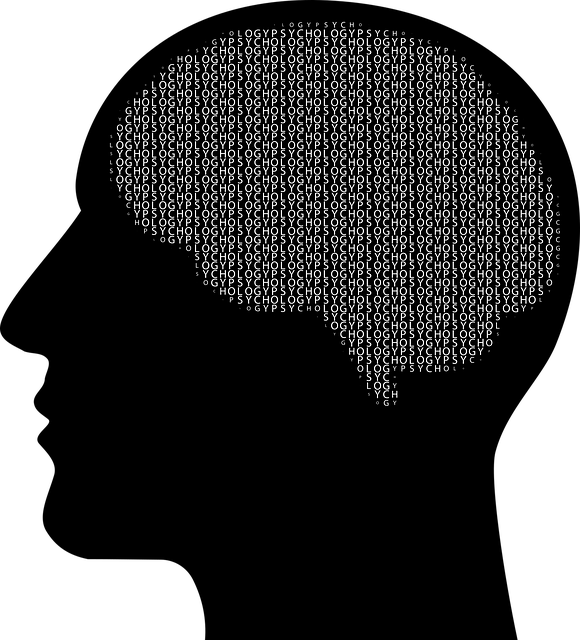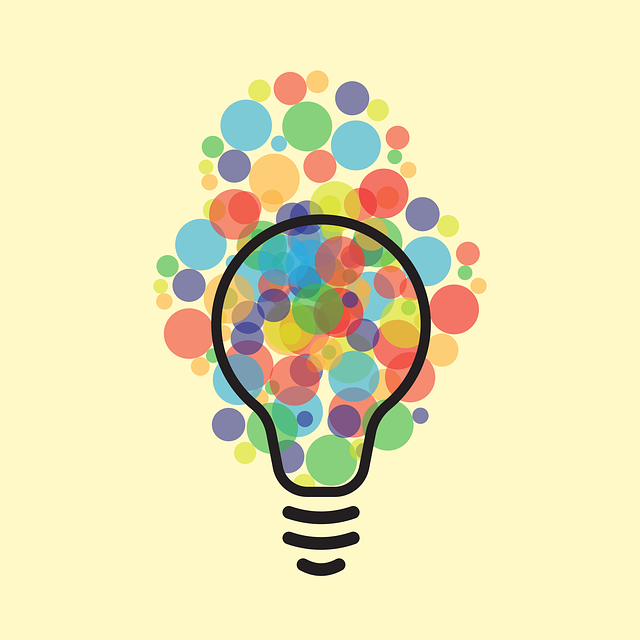Mental wellness journaling is a powerful tool for self-discovery, especially beneficial for individuals with ADD or ADHD, aiding in emotion processing and focus improvement. It complements traditional therapy methods, enhances introspection, and improves communication with mental health professionals. Lone Tree ADD-ADHD evaluations are crucial for personalizing mental wellness practices through comprehensive assessments of unique cognitive patterns and challenges. Integrating tailored professional therapy into self-care routines can dramatically improve mental wellness, addressing specific issues like focus, impulsivity, and organization, leading to enhanced self-awareness, improved coping mechanisms, and overall personal growth.
Unwind and reconnect with yourself through the powerful practice of mental wellness journaling. This article guides you on a transformative journey, offering insights into how this personal ritual can enhance your well-being. We explore the benefits of understanding your unique mental landscape, incorporating Lone Tree ADD-ADHD evaluations to tailor therapy practices for optimal self-care and growth. Discover practical tips and strategies to integrate therapy techniques into your journaling routine.
- Understanding Mental Wellness Journaling: A Personal Journey
- The Role of ADD-ADHD Evaluations in Tailoring Your Practice
- Integrating Therapy for Enhanced Self-Care and Growth
Understanding Mental Wellness Journaling: A Personal Journey

Mental wellness journaling is a powerful tool for self-discovery and personal growth, offering a safe space to explore one’s thoughts and emotions. It involves documenting experiences, feelings, and reflections in a structured yet intimate manner. This practice can be especially beneficial for individuals navigating challenges like Attention Deficit Disorder (ADD) or Attention-Deficit/Hyperactivity Disorder (ADHD), as it provides an outlet for processing complex emotions and improving focus. By committing thoughts to paper, one can gain valuable insights into their mental landscape, identify triggers, and develop effective coping strategies.
For those seeking therapy or undergoing evaluations, journaling can serve as a complement to traditional treatment methods. It encourages introspection, fosters self-awareness, and enhances communication with mental health professionals. Through regular practice, individuals can track progress, set goals, and develop healthier relationships with their minds. Stress management becomes more accessible when one has a journal to record the day’s stressors and reflect on coping mechanisms. Additionally, effective communication strategies can be born from these introspective practices, leading to improved interactions in various aspects of life.
The Role of ADD-ADHD Evaluations in Tailoring Your Practice

Lone Tree ADD-ADHD Evaluations play a pivotal role in personalizing mental wellness practices. These comprehensive assessments help individuals understand their unique cognitive patterns and challenges, which are often integral to managing conditions like Attention Deficit Disorder (ADD) or ADHD. By evaluating symptoms, such as focus issues, impulsivity, and hyperactivity, therapists can tailor therapeutic approaches that align with individual needs. This precision in care is crucial for effective treatment and improved mental health outcomes.
Furthermore, the insights gained from these evaluations enable practitioners to integrate Risk Management Planning into their practices. This involves creating strategies to mitigate potential risks and promote self-care routines for better mental health. In turn, this holistic approach contributes to enhanced Mental Health Awareness, empowering individuals to take control of their well-being and embark on a journey towards transformation.
Integrating Therapy for Enhanced Self-Care and Growth

Incorporating therapy into your self-care routine can significantly enhance mental wellness through Lone Tree ADD-ADHD evaluations and tailored treatments. Professional therapy serves as a powerful tool for individuals seeking to understand and manage their mental health effectively. This process, often involving psychotherapy or counseling, encourages exploration of thoughts, emotions, and behaviors, fostering self-awareness. For those with ADD/ADHD, specialized therapy can address unique challenges related to focus, impulsivity, and organization.
Through targeted interventions, therapy promotes self-esteem improvement and empathy building strategies, enabling individuals to navigate life’s complexities with greater resilience. It provides a safe space to process emotions, set personal goals, and develop coping mechanisms. Moreover, regular sessions allow for risk assessment and monitoring of mental health status, ensuring early intervention and preventing potential crises. By integrating therapy into their self-care regimen, individuals can experience profound personal growth and improved overall well-being.
Mental wellness journaling is a powerful tool for self-reflection and growth, especially when tailored to individual needs. As discussed, understanding your mental health landscape through Lone Tree ADD-ADHD evaluations can significantly benefit your therapy journey. Integrating these insights with professional guidance enables you to create a personalized practice that enhances self-care and fosters positive change. By combining journaling with therapy, individuals can navigate their emotional landscapes, gain clarity, and ultimately, thrive in their personal journeys towards mental wellness.

